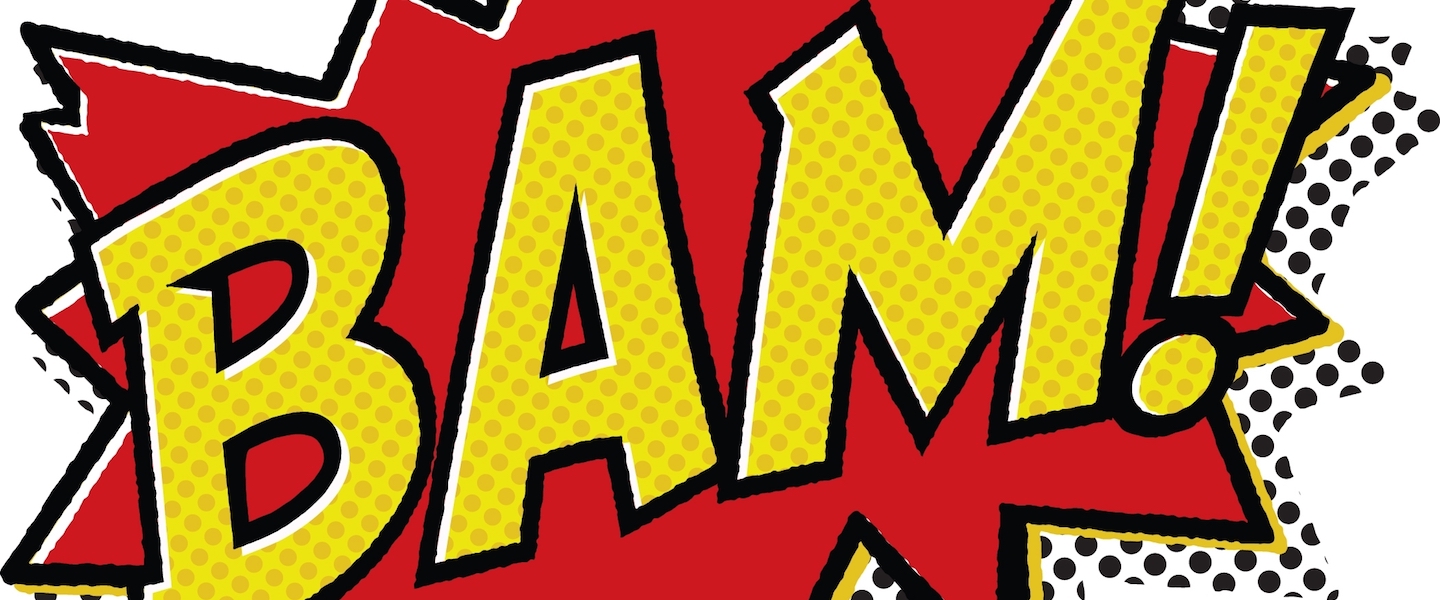Christians are adopted into a dependent relationship to that which Jesus called ‘Abba, Father’. Our human identity therefore becomes one in which we both acknowledge in prayer this dependence and respond to the gift that sets up not only our being but our renewed being in Christ; and in acknowledging that dependence we are empowered to ‘do the work of God’, to be ‘in Christ’, as St Paul puts it. It’s about an authority that emerges from yielding not to an alien will but an affirming source – recognising that we are here because there is an act that draws us into being and affirms our being. So we do not have to be our own origin; we do not have to try to be self-creators. There is a level of affirmation bringing us into, and holding us in existence, which we do not have to work for. … [We] are empowered, emancipated, to use the transforming energy we can exercise by acknowledging our dependence upon an unconditional source of affirmation.
Rowan Williams: Being Human, p.72–3 (my emphasis)
I love Rowan Williams’ writing, though I find it frustrating at times because I am too impatient for the dénouement. The opening pages clear the ground, set the scope, and dispel misconceptions. I want to know where we are going. Are we there yet, Rowan?
Correspondingly, when I pray and meditate. The first 20 minutes can be off-putting and frustrating. What am I doing here? Is anything going to happen? I have learnt that I have to hang on in there.
And then: Bam! He hits me with a sentence like a Marvel Comic knockout. He articulates a thought so clearly and succinctly that I am knocked back on my heels and I have to stop – dazed, ears ringing, seeing stars – and recollect myself.
… yielding not to an alien will but an affirming source …
Let’s have that again.
… yielding not to an alien will but an affirming source …
These few words are the fulcrum of a foundational life-question with which I struggle every day. By habit, I anticipate the presence of “an alien will” under whose gaze I am not good enough nor do the right thing. Shame (I am not ok) and guilt ( I’m not doing it right). Every day, in every prayer, “an affirming source” says (I paraphrase), “What the f*** are you talking about? That is not what I meant at all. That is not it at all.”
I struggle to withdraw my transference (to give a psychoanalytic skit on this) … Once upon a time, I heard the message that I was not good enough, and that my life would go to pot if I didn’t behave right and make the right choices. God was one more “alien will” who would give me the same message. … And so it goes. I know I’m not alone. It is hardly breaking news.
But it is a rookie error to see God as one more voice in our cacophonous culture of voices clamouring for attention. It kills the life, stifles the Spirit. If God is an alien will then I can never relax. Even if God is utterly benign and has my best interests in heart and mind, nevertheless I have always to be alert to ‘His’ will.
Most religious language (“the Father, the Almighty, Maker of Heaven and Earth”) and teaching, at least in its immediate sense, conveys this notion. The conservative churches; the so-called ‘traditionalists’; those who have to align their lives to one reading of scripture, one way of praying, one way of loving, one way of living; those whose “goodness carefully worn / For atonement or for luck” is measured in observance; even the dear old, exasperatingly inoffensive, middle-of-the-road Anglican church’s meagre fare: all this is underpinned by the image of the alien will that must be obeyed, appeased, or impressed. The task is to find out what this god wants me to do and how to live in accordance with ‘His will’. And a worrying number of people seem to have answers to these questions for others. An idea of God and Christianity is being peddled that is, at its least offensive, merely disenfranchising and dehumanising, but too often is, frankly, about power and control.
The common and erroneous notion is that God is an “alien will”. ‘He’ (it is almost invariably ‘He’) is out there, gradually beating a retreat as the telescopes delve deeper into the Universe. Perhaps God is dark matter? Perhaps there is no god? My suspicion is that this is the god that vociferous atheists denounce – and rightly so – and that your common-or-garden secularist has an alien will in mind when they say they don’t believe in God.
There they stop; for what else is on offer to put in its place?
[Follow this with Part two: Emancipation.]

Are we there yet? Intrigued to continue the journey.
Thanks, Rose